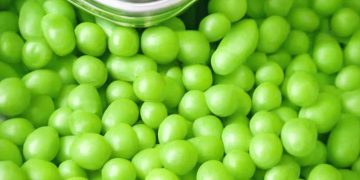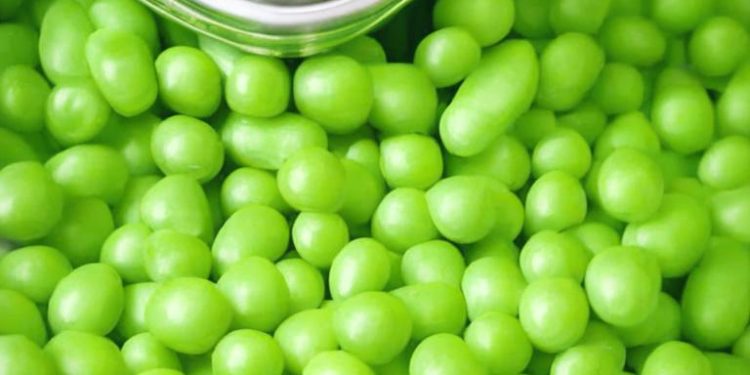#VegetableCanning #FoodProduction #Russia #Agriculture #RecordHigh #Sustainability #Exports #JobOpportunities #HealthConsequences
The vegetable canning industry in Russia has reached a record high in 2022, with an increase in production and demand for canned vegetables. This article explores the development of the industry, its consequences, and the impact on the agriculture sector in Russia.
The vegetable canning industry in Russia has been steadily growing over the years, with an increase in demand for canned vegetables both domestically and internationally. In 2022, the industry reached a record high in production, with more than 2 million tons of vegetables canned.
The growth of the industry can be attributed to several factors, including the availability of raw materials, modernization of production facilities, and the increasing popularity of canned vegetables among consumers. The industry has also been supported by government initiatives aimed at promoting the development of the agriculture sector in Russia.
The increase in vegetable canning production has had a positive impact on the agriculture sector in Russia, providing a stable market for farmers and creating new job opportunities. The industry has also contributed to the country’s economy, with exports of canned vegetables increasing in recent years.
However, the growth of the industry has also raised concerns about the sustainability of vegetable production in Russia. Some experts have warned that the focus on canning may lead to a decrease in fresh vegetable consumption, which could have negative health consequences for consumers.
The vegetable canning industry in Russia has reached a record high in 2022, with an increase in production and demand for canned vegetables. While the industry has had positive impacts on the agriculture sector and the economy, it is important to consider the potential consequences and ensure the sustainability of vegetable production in Russia.































